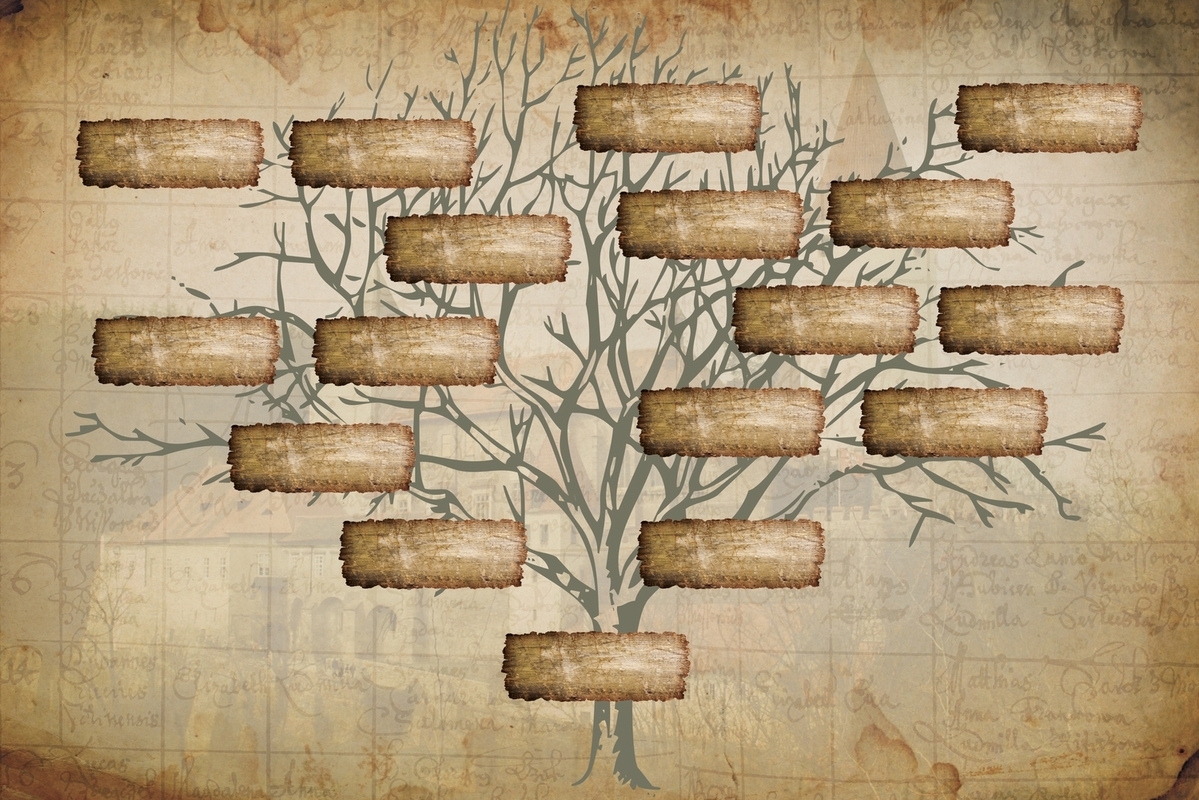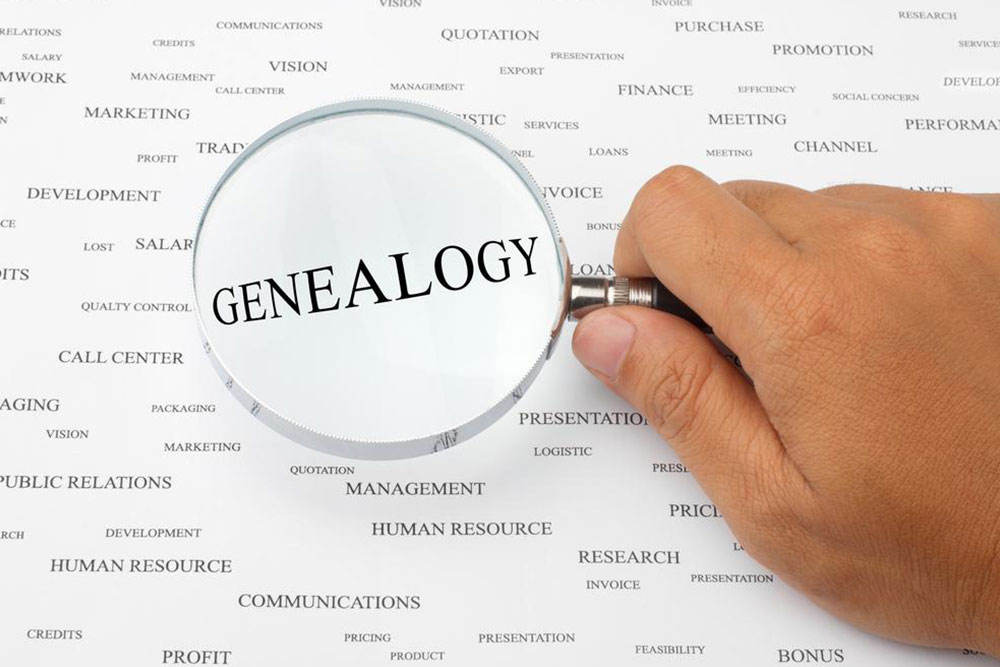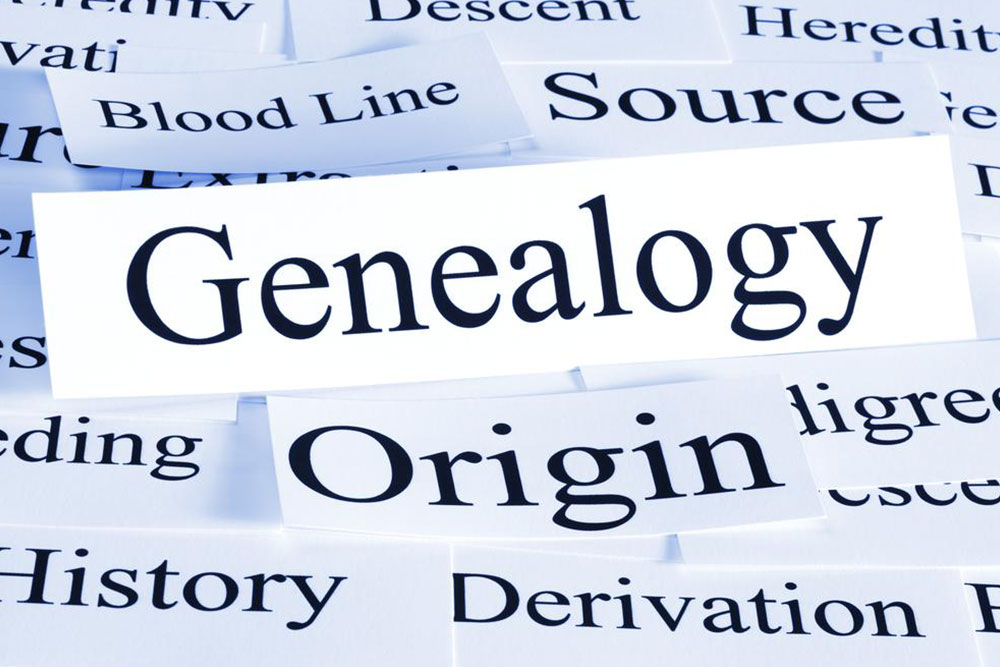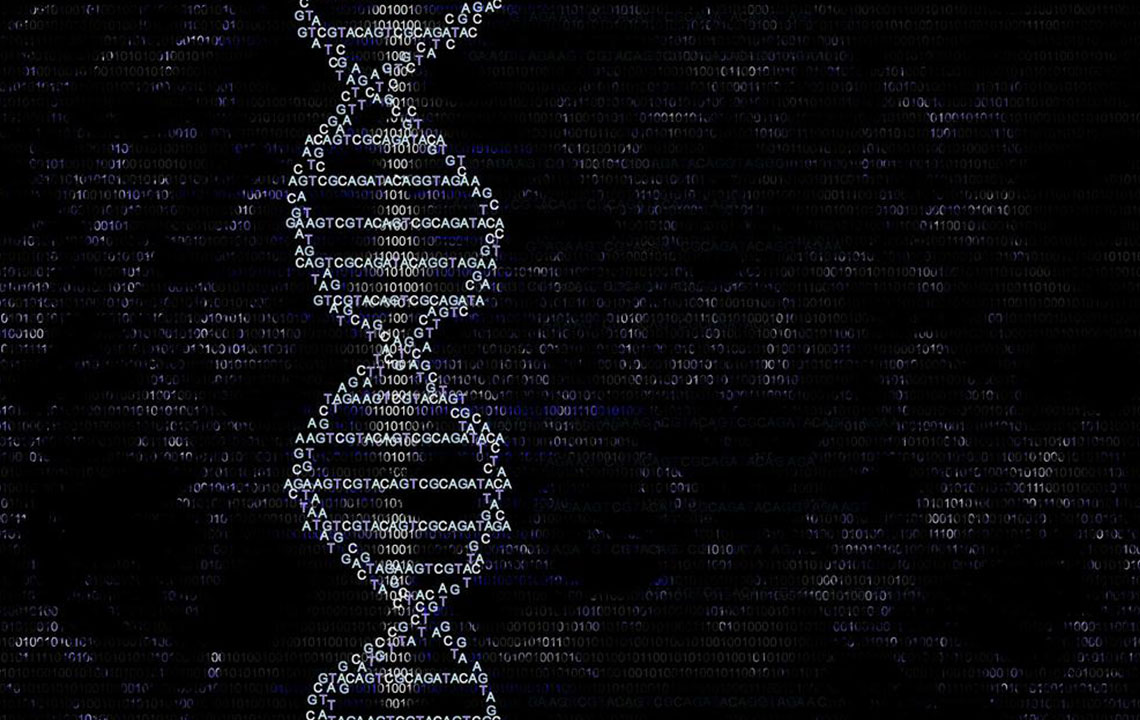Discovering Your Ancestry: A Step-by-Step Family History Guide
Explore this comprehensive guide to uncover your family history, from gathering initial data to advanced research methods. Discover how genealogical tools, historical records, and DNA testing can help you build a detailed family tree. Learn tips for verifying data, overcoming common challenges, and preserving your legacy through family books, online trees, and reunions. Embrace the enriching journey of genealogical discovery to deepen your connection to your roots and heritage.
Sponsored

Unearthing your family origins has fascinated people for ages. Building your family tree goes beyond names and dates; it uncovers stories, cultural roots, and historical influences shaping your lineage. This detailed guide equips you with essential resources and methods to begin your genealogical adventure.
Reasons to Trace Your Ancestry
Identity and Roots
Knowing your heritage enhances your sense of self and links you to your cultural background, fostering a deeper connection with your ancestors’ stories and diversity.
Health Insights
Researching familial health history can reveal genetic predispositions, providing valuable information for medical decisions.
Legacy Preservation
Getting Started
Initial Data Collection
Organize Your Data
-Ancestry.com: Provides access to extensive records, DNA testing, and a supportive community.
-MyHeritage: Known for its user-friendly interface and vast database.
-FamilySearch: A free resource run by The Church of Jesus Christ of Latter-day Saints, offering numerous records and research support.
Deepening Your Research: Records & Resources
Census Data
Available in many countries, census records contain valuable details like names, ages, occupations, and residences, often accessible through national archives or genealogy websites.
Vital Records
Birth, marriage, and death certificates are crucial for accurate family trees, providing parentage, birthplaces, and cause of death information.
Religious Records
Church records, including baptisms, marriages, and burials, are especially helpful before civil record-keeping began.
Immigration & Naturalization Files
These documents reveal immigration routes, countries of origin, and entry details if ancestors migrated abroad.
Military Files
Military records can shed light on ancestors' roles in conflicts and their personal histories.
Newspapers & Obituaries
Published obituaries, wedding notices, and news stories add context and depth to your family history.
DNA Testing Benefits
Modern DNA tests, like 23andMe or AncestryDNA, offer insights into ethnic backgrounds and connect you with relatives globally. Remember to consider privacy and ethical issues carefully.
Ensuring Accurate Research
Verify information through multiple sources. Tips include cross-referencing records, documenting sources, and questioning oral histories that lack evidence.
Overcoming Obstacles
Gaps can occur due to missing records. Use alternative sources like land, wills, or tax records. Language barriers may require translation assistance. Common surnames may need contextual clues to distinguish individuals. Respect privacy when sharing sensitive information.
Preserving & Sharing Your Family History
Create a family book featuring stories, photos, and documents. Online family trees enable collaborative research. Family reunions can bring relatives together to celebrate shared history and continue the legacy.
Tracing your family roots is a rewarding pursuit that deepens your understanding of personal history. With diligent effort and curiosity, you’ll unveil stories that connect past and present, enriching your life and heritage.





